Nepal Proposes Tariff for Historic Electricity Export Deal with Bangladesh
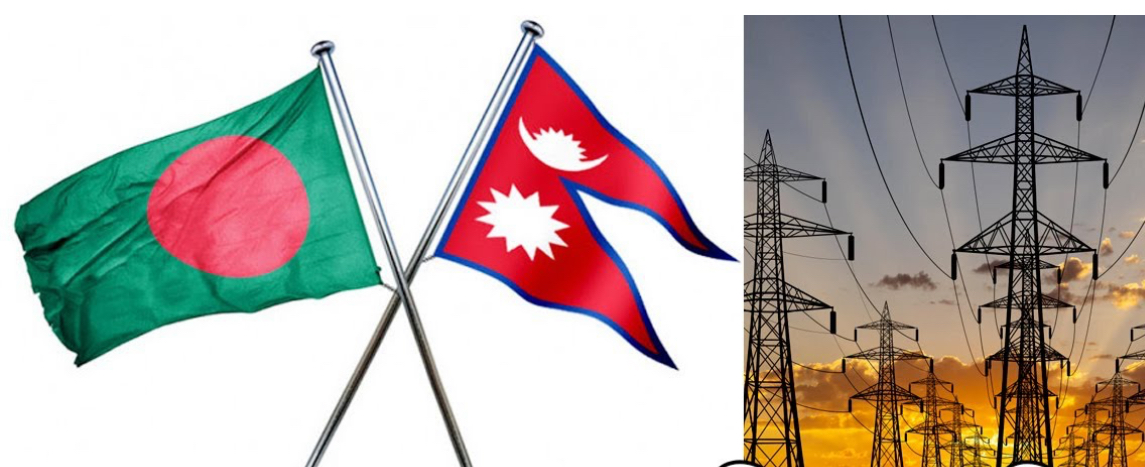
Nepal has taken a significant stride towards an unprecedented electricity trade agreement with Bangladesh, as it submits a tariff proposal for the export of power. The proposal marks a crucial step forward in bilateral negotiations between the two nations, aiming to facilitate the first-ever exchange of electricity.
Following an initial agreement for the export of 40MW of electricity from Nepal to Bangladesh, both countries have embarked on discussions to formalize the terms of the landmark energy trade deal. Prime Minister Pushpa Kamal Dahal’s visit to India last year further solidified commitments, with India pledging support to facilitate the energy exchange between Nepal and Bangladesh.
Pradeep Kumar Thike, Deputy Managing Director overseeing power trade at the Nepal Electricity Authority (NEA), revealed that a tariff proposal has been sent to the Bangladeshi side in a sealed envelope. While specific details of the proposed tariff remain undisclosed, it is anticipated to mirror rates charged to India under existing agreements.
Based on previous power purchase agreements, the tariff could potentially fall below Rs10 per unit, indicating favorable terms for both parties involved. Moreover, Nepal has incorporated provisions for early payment incentives and penalties for delayed payments, aiming to streamline the financial aspects of the trade.
The proposed export route involves leveraging Indian territory, necessitating coordination with India in the energy trade. The delivery point is designated to be a 400kV substation at Muzaffarpur in India, with Bangladesh assuming responsibility for transmission charges associated with Indian infrastructure.
NEA officials underscored the potential for future expansion in power exports to Bangladesh, contingent upon agreements and enhanced transmission infrastructure capacity. Bangladesh, expressing keen interest in bolstering its energy supply, views Nepal as a vital partner in meeting its growing electricity demands.
Bangladeshi Ambassador to Nepal, Salahuddin Noman Chowdhury, emphasized the urgency of addressing Bangladesh’s power deficit, stating that Nepal’s supply could significantly alleviate the shortfall. With Bangladesh’s current electricity generation falling short of demand, Nepal’s proposed export of 3,000–4,000MW presents a promising solution to meet Bangladesh’s burgeoning energy needs.
As Nepal awaits Bangladesh’s response to the proposed tariff, anticipation mounts for the signing of a tripartite agreement involving Nepal, Bangladesh, and India, signaling a new era of regional energy cooperation and synergy






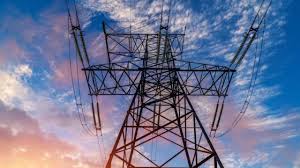
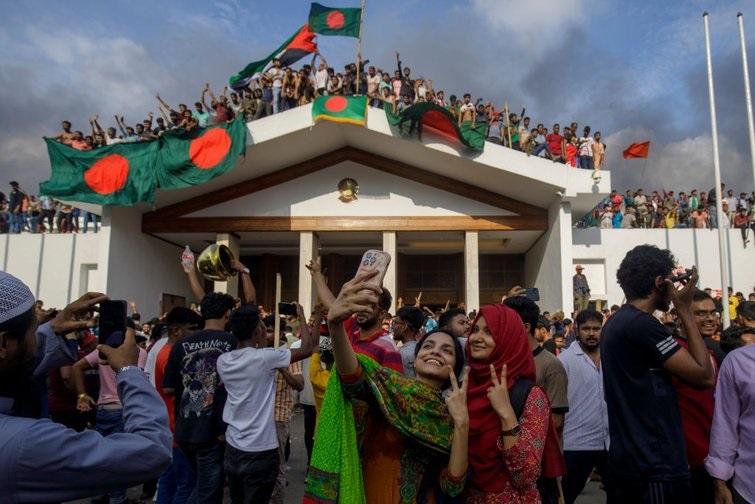
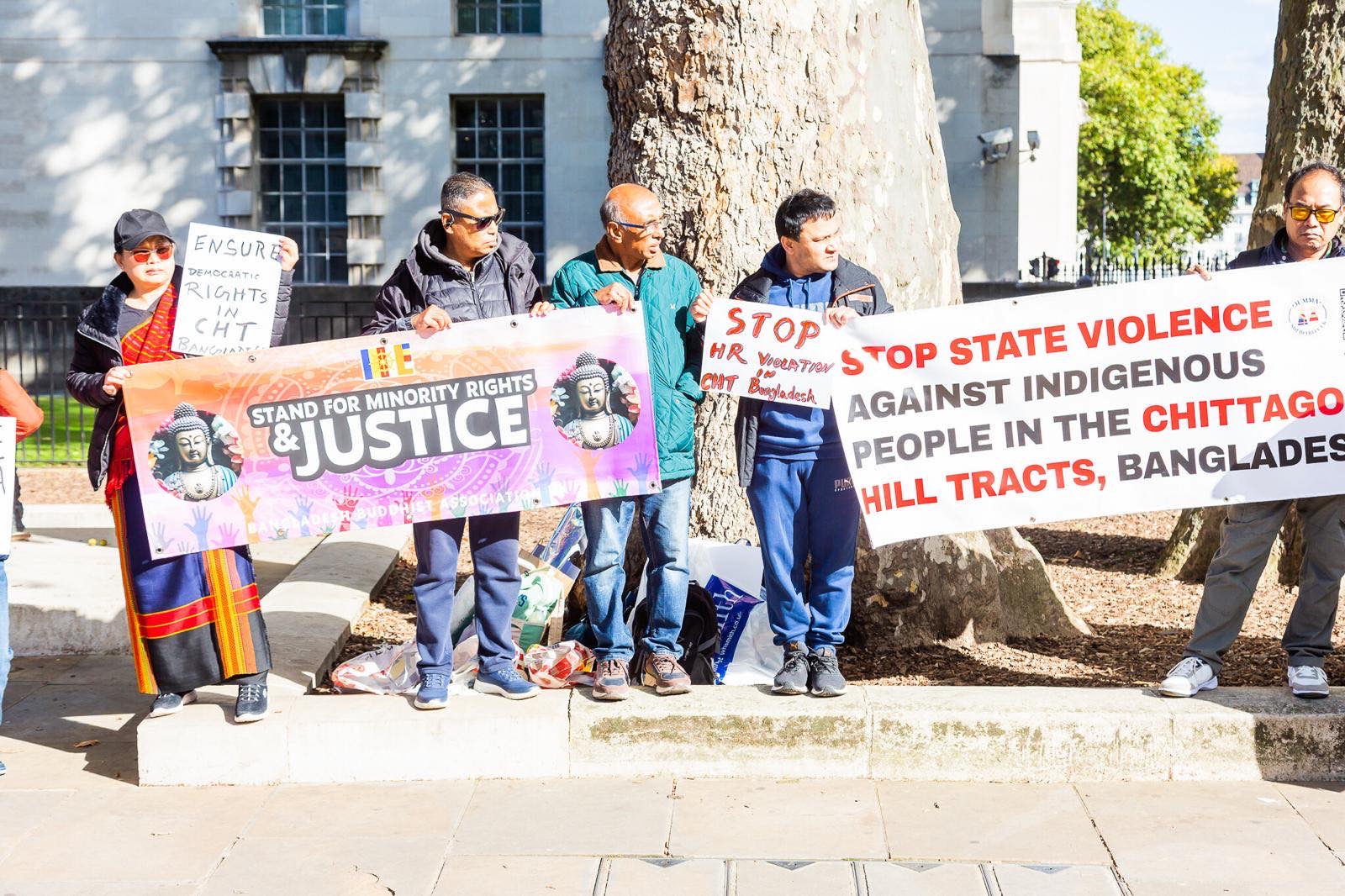
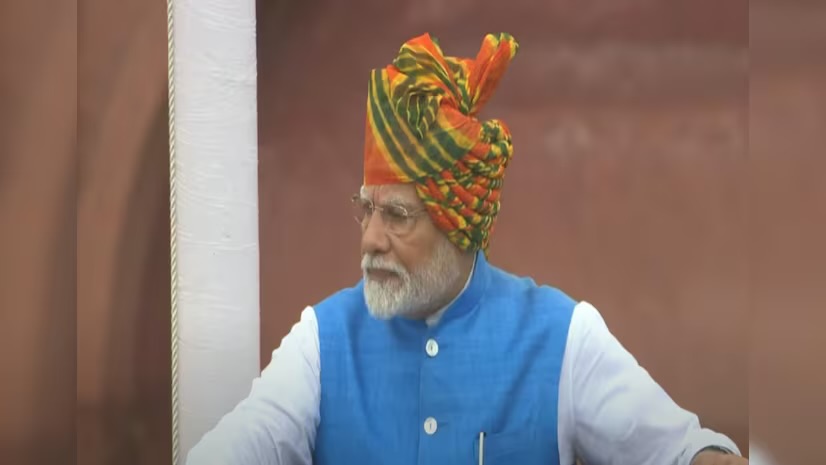
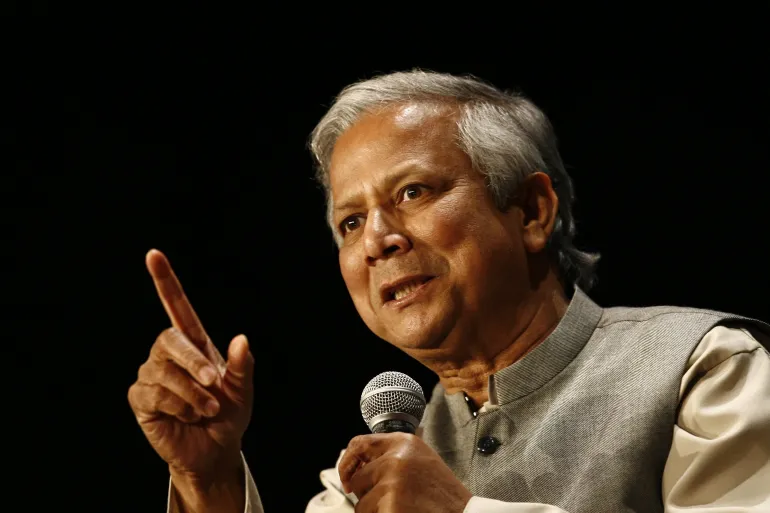
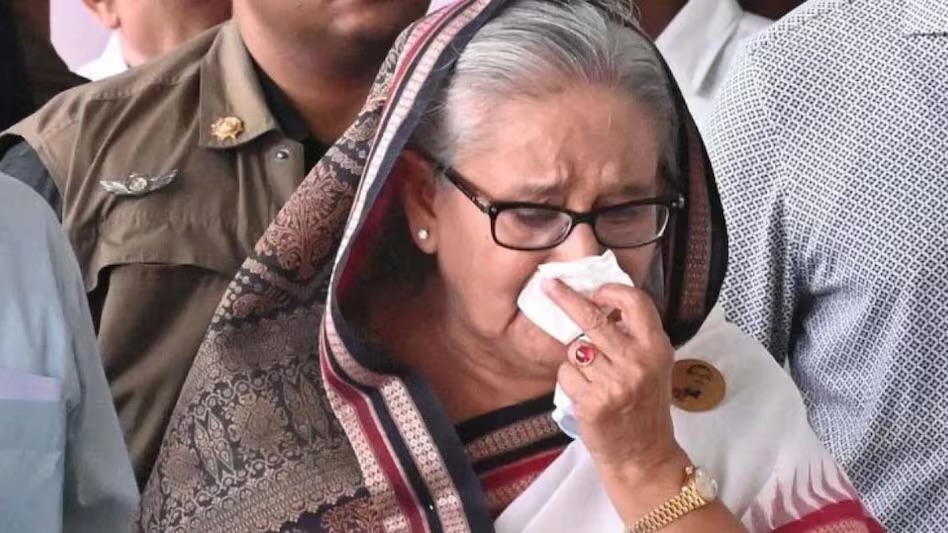







Facebook Comments